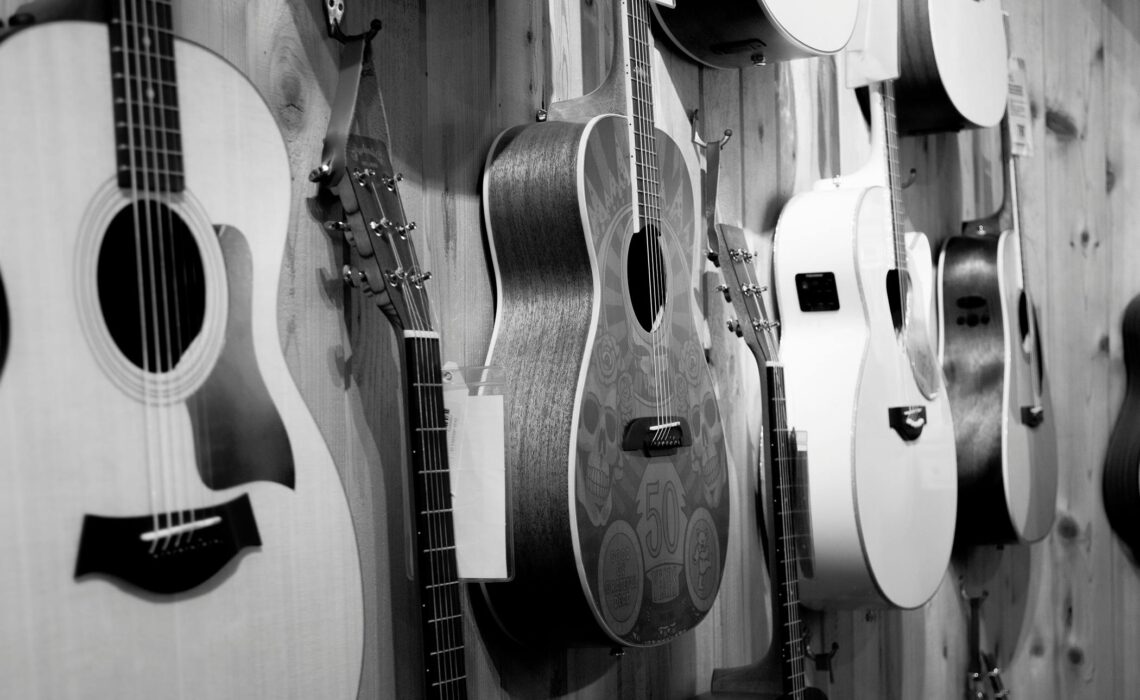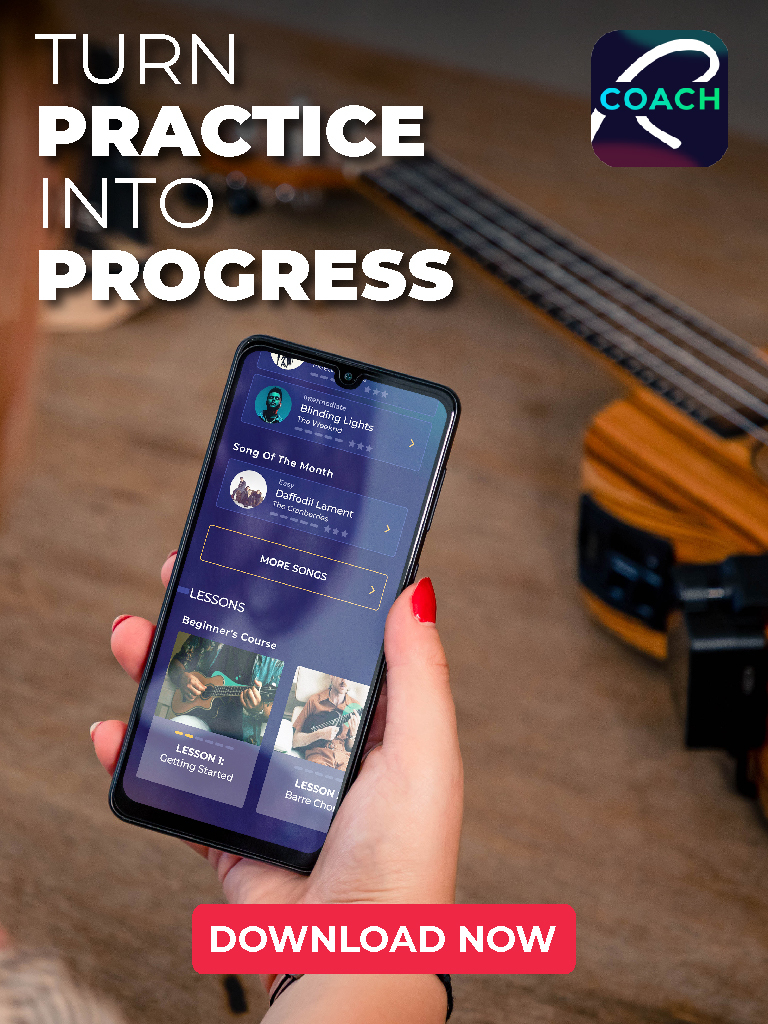
Today, we’re giving you concise advice on how to sell your used instruments. In the world of music, instruments are not just tools; they are extensions of the artist’s soul, each note carrying a piece of their passion and creativity.
However, as musicians evolve and refine their craft, so too do their instruments. If you find yourself with a closet full of unused or outgrown instruments, it might be time to consider selling them. In this guide, we will explore the ins and outs of selling your used instruments, ensuring that someone else can continue the beautiful melody these instruments have to offer. Without further ado, here is how to sell your used instruments.
Assess the Instrument’s Condition
Before trying to sell your used instruments, take a close look at each that you plan to sell. Assess its condition, noting any scratches, dents, or other signs of wear. Knowing the exact condition of your instrument is crucial when determining its value and setting a fair price. Be honest about any defects, as transparency will build trust with potential buyers.
Research the Market
Understanding the current market value of your instrument is essential for a successful sale. Research online platforms, music stores, and classified ads to gauge the going rates for similar instruments. Factors such as brand, model, age, and condition will influence the price. By having realistic expectations, you increase the likelihood of attracting interested buyers. It is key that you have a clear idea of what the instrument in question sells for before you assign a price to it.
Clean and Maintain
First impressions matter, and cleanliness can significantly impact a buyer’s decision. Take the time to clean and polish your instrument. For string instruments, change the strings if necessary. A well-maintained instrument not only looks more appealing but also suggests that it has been cared for, potentially increasing its resale value.
Needless to say, consider repairing anything that is not functioning. Alternatively, make sure you disclose if any aspects or features of the instrument are not functioning properly.
Gather Documentation
Having the original documentation, such as receipts, manuals, or certificates of authenticity, can add credibility to your instrument. This documentation serves as proof of the instrument’s origin, history, and sometimes, its maintenance. Buyers often appreciate knowing the instrument’s background. This is especially true if your instrument is a high-end or vintage piece of gear.
Take High-Quality Photos
A picture is worth a thousand words, and in the world of online sales, it can be the key to attracting potential buyers. Take clear, high-resolution photos that showcase the instrument from multiple angles. Highlight any unique features or imperfections, providing a comprehensive view. Including close-ups of the serial number, brand logo, and any relevant details can build trust with potential buyers.
Choose the Right Platform:
Deciding where to sell your instrument is a crucial step in the process. Online platforms such as eBay, Reverb, or specialized music instrument forums offer a broad reach. Local classifieds, music stores, and consignment shops are also viable options. Consider the advantages and drawbacks of each platform, including fees, shipping logistics, and the potential buyer pool.
Also, give serious consideration to friends and acquaintances. This ensures trust and simplifies the process. Additionally, there won’t be shipping costs if you live in the same city as the buyer.
Set a Competitive Price
Based on your research and the condition of your instrument, set a competitive and realistic price. Consider leaving room for negotiation, as flexibility can expedite the selling process. If you are unsure about pricing, consult with experienced musicians, appraisers, or use online tools to get an estimate of your instrument’s value.
Write an Informative Description
Crafting a detailed and honest description is crucial for attracting serious buyers. Include relevant details such as the instrument’s history, features, and any modifications or upgrades. Be transparent about its condition, and if applicable, mention the reason for selling. A well-written description can set your listing apart and provide potential buyers with the information they need to make an informed decision.
Communicate Promptly and Professionally
Once your instrument is listed, be prepared for inquiries. Respond to messages promptly and professionally, providing additional information if requested. A positive and informative communication style can build trust with potential buyers and increase the likelihood of a successful sale. Be respectful and honest at all times.
Securely Package for Shipping
If selling online, secure packaging is essential to ensure the instrument reaches its destination in the same condition it left yours. Invest in proper packaging materials, protect delicate parts, and consider purchasing insurance for high-value instruments. Clearly communicate with the buyer regarding the shipping process, providing tracking information and estimated delivery dates.
Exercise caution here. It is far better that package something excessively well than to have it break due to mishandling by the shipping company.
Meet Local Buyers Safely
If opting for local sales, prioritize safety when meeting potential buyers. Choose a public location, preferably during daylight hours, and bring a friend along if possible. Be clear about the payment method and have a receipt ready. Trust your instincts, and if something feels off, consider alternative arrangements. Consider bringing a friend with you, just to be extra safe.
If you are diligent in how to sell your used instruments, it can be a rewarding process. Besides getting some money, selling your used instruments can free up space but also allow another musician to embark on their musical journey. By carefully assessing, researching, and presenting your instrument, you increase the likelihood of finding the right buyer. Remember, the key to a successful sale is a combination of transparency, professionalism, and a genuine love for music. With these principles in mind, you can confidently pass the baton and let the next chapter of your instrument’s story unfold in the hands of a new artist.

